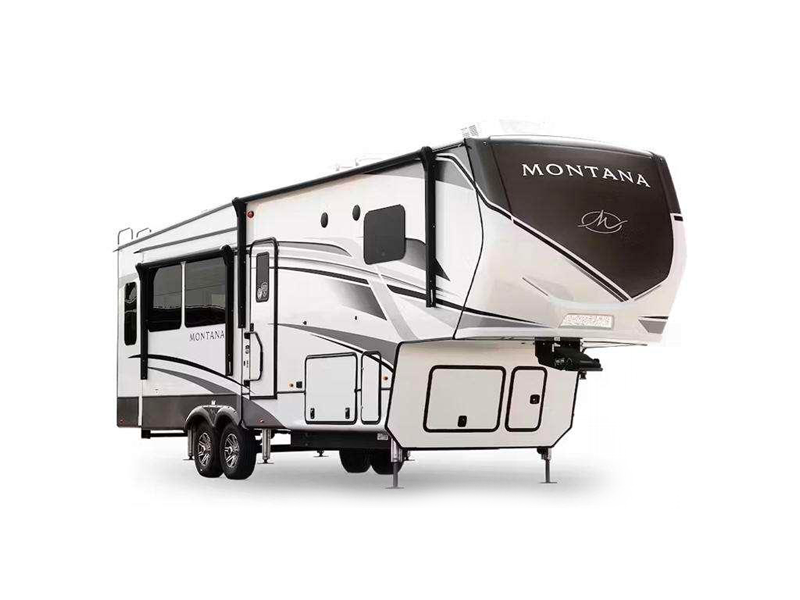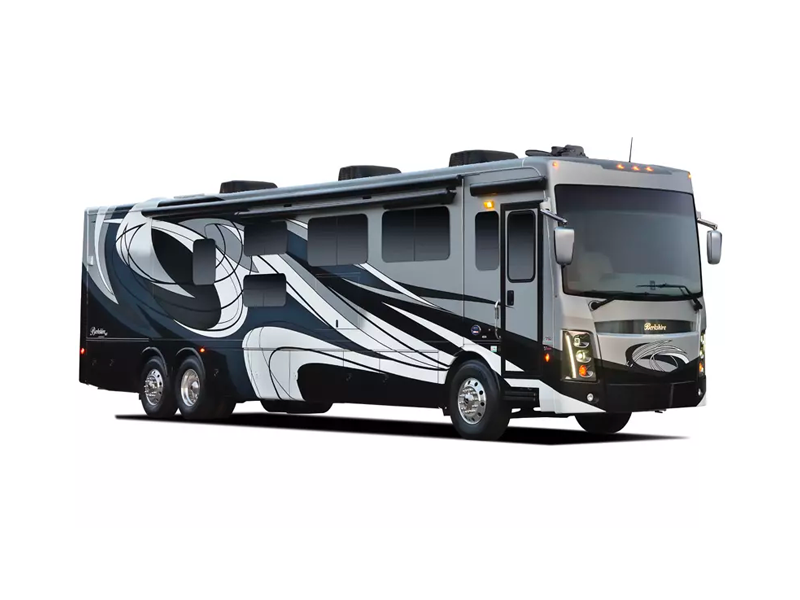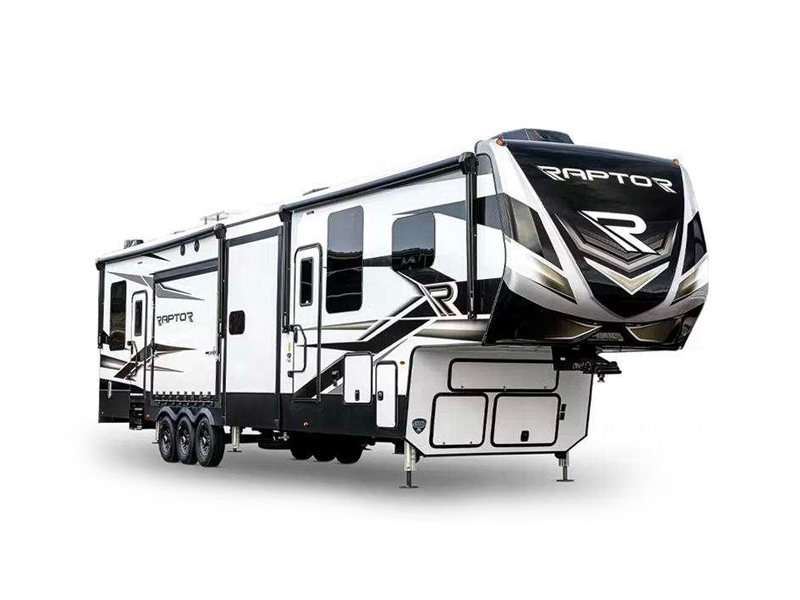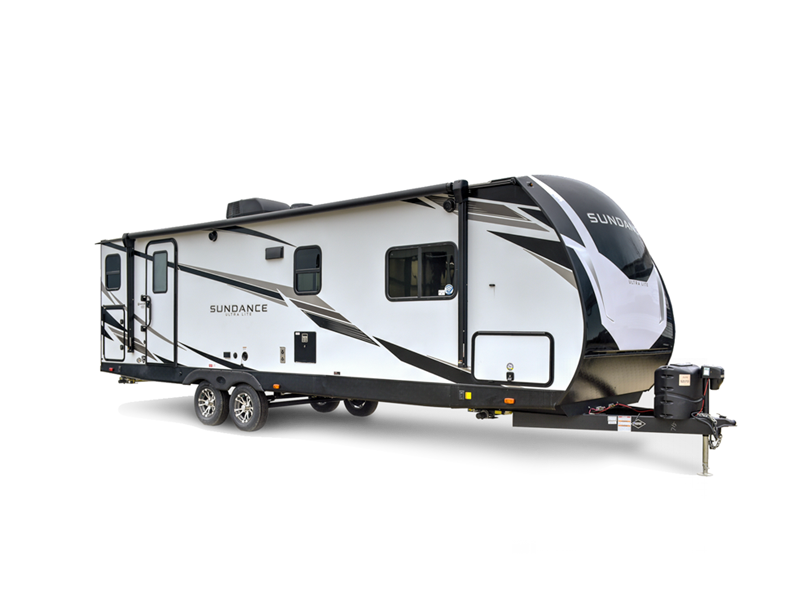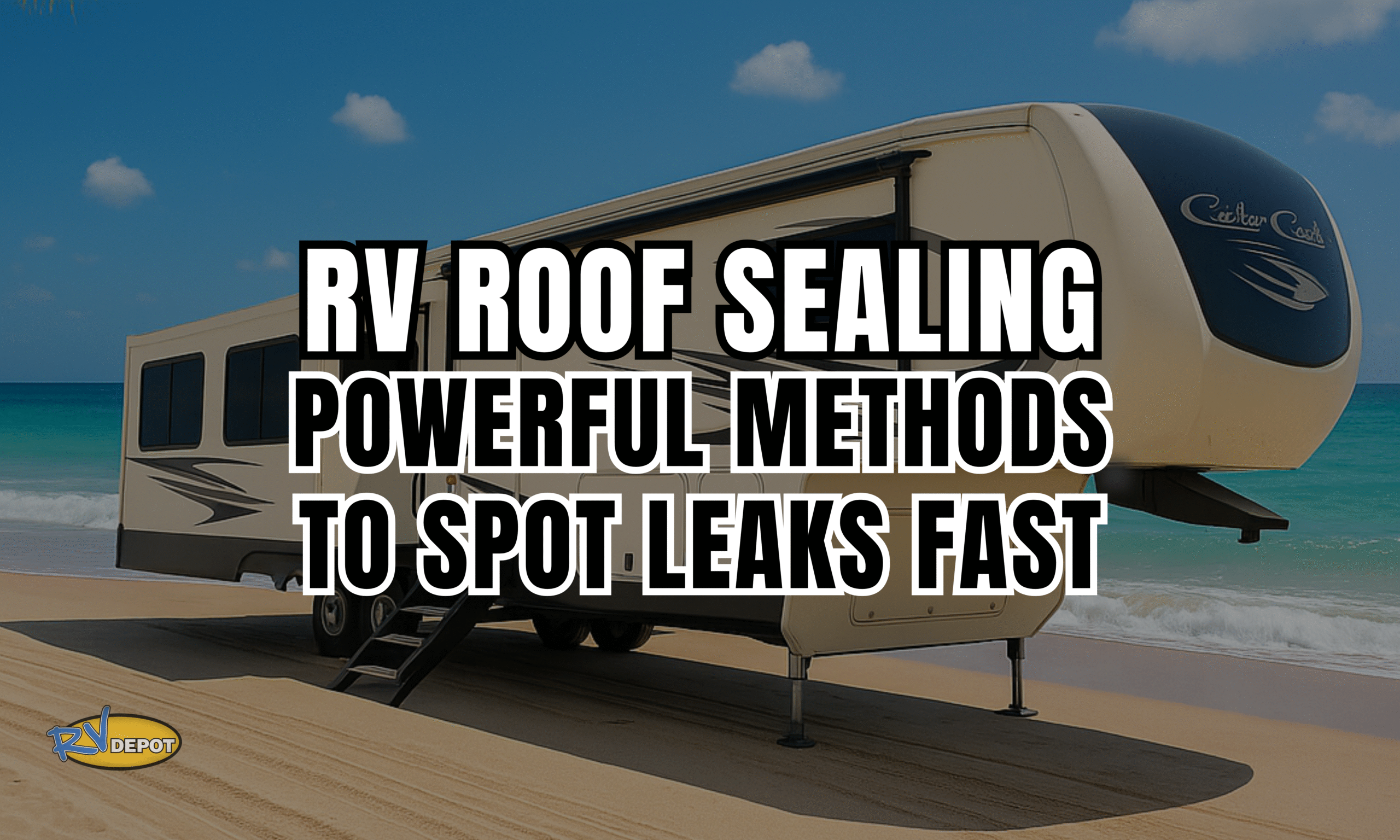Every RV owner knows that sinking feeling when you spot water stains on your ceiling or hear the dreaded drip-drip-drip during a rainstorm. Your RV’s roof is constantly under assault from UV rays, temperature extremes, hail, and relentless weather conditions that can compromise even the most well-maintained sealing systems. When it comes to protecting your investment and ensuring a dry, comfortable interior, proper RV roof sealing around exposed screws and fasteners isn’t just maintenance—it’s essential insurance against costly water damage.
The roof of your RV is dotted with dozens, sometimes hundreds, of penetrations where screws, bolts, and fasteners secure everything from air conditioning units to solar panels, vents, and antenna mounts. Each of these penetrations represents a potential entry point for water, and over time, even the best factory sealing can fail due to thermal expansion, vibration, and weather exposure. According to RV insurance data, roof leaks account for nearly 60% of water damage claims, with many originating from failed seals around fasteners and penetrations.
The good news is that effective RV roof sealing doesn’t require expensive professional services or specialized equipment. With the right materials and proper technique, most RV owners can maintain their roof sealing systems and prevent costly water damage. However, choosing between the two primary sealing methods—lap sealant and butyl tape—can be confusing, especially when each has distinct advantages and applications.
Understanding the differences between these sealing options, their proper applications, and when to use each method can save you thousands in water damage repairs while ensuring your RV remains a comfortable, dry sanctuary regardless of weather conditions. The key is matching the right sealing method to your specific situation, roof type, and maintenance preferences.
When it comes to sealing exposed roof screws on an RV, both lap sealant and butyl tape can be used effectively. The choice between the two depends on personal preference and the specific requirements of your RV. Here’s a comparison of the two options:
Understanding Your RV Roof Sealing Options
Lap Sealant (Self-Leveling RV Sealant)
Lap sealant is a popular choice for sealing exposed screws on RV roofs. It typically comes in a tube and is applied using a caulk gun. Lap sealant is designed to create a watertight seal, providing protection against leaks and preventing water intrusion around the screws. It is self-leveling, which means it will flow and settle evenly to form a smooth, flexible seal. Lap sealant is suitable for sealing larger gaps and irregular surfaces, as it can conform to the shape of the roof.
Key Benefits of Lap Sealant:
- Self-leveling properties create smooth, professional appearance
- Excellent for irregular surfaces and larger gaps
- Provides UV protection and weather resistance
- Easy to apply with standard caulk gun
- Available in colors to match roof materials
Butyl Tape
Butyl tape is a flexible, adhesive sealing tape made from a synthetic rubber compound. It is commonly used for sealing seams, vents, and fasteners on RV roofs. Butyl tape is applied by simply pressing it onto the surface, covering the exposed screws or fasteners. It creates a waterproof seal by adhering tightly to the roof and screw heads. Butyl tape is known for its excellent sealing properties and long-lasting durability. It is particularly useful for flat surfaces and areas with less irregularity.
Advantages of Butyl Tape:
- Superior adhesion to various roof materials
- Excellent conformability to surface irregularities
- Long-lasting durability in extreme weather
- Easy application without tools
- Maintains flexibility over time
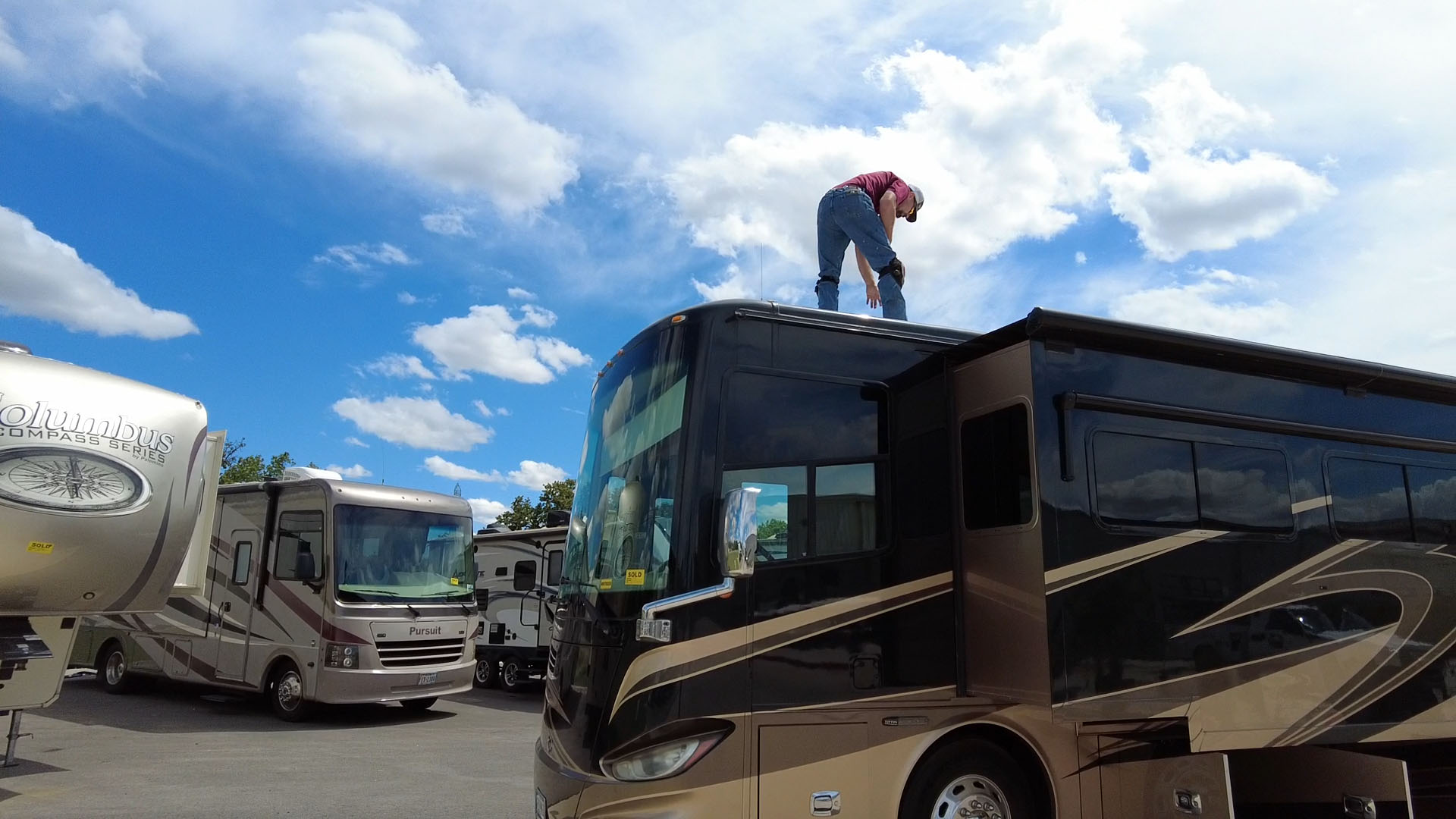
Choosing the Right RV Roof Sealing Method
When to Use Lap Sealant
Lap sealant excels in situations where you need a smooth, finished appearance and are dealing with larger gaps or irregular surfaces. It’s particularly effective for:
- Sealing around air conditioning units and large roof penetrations
- Areas where appearance is important
- Situations requiring gap-filling capabilities
- Roof repairs where self-leveling properties are beneficial
When to Use Butyl Tape
Butyl tape is ideal for situations requiring maximum adhesion and long-term durability. Choose butyl tape for:
- Sealing individual screws and small fasteners
- Areas subject to high vibration or movement
- Situations where ease of application is priority
- Preventive maintenance on newer roof installations
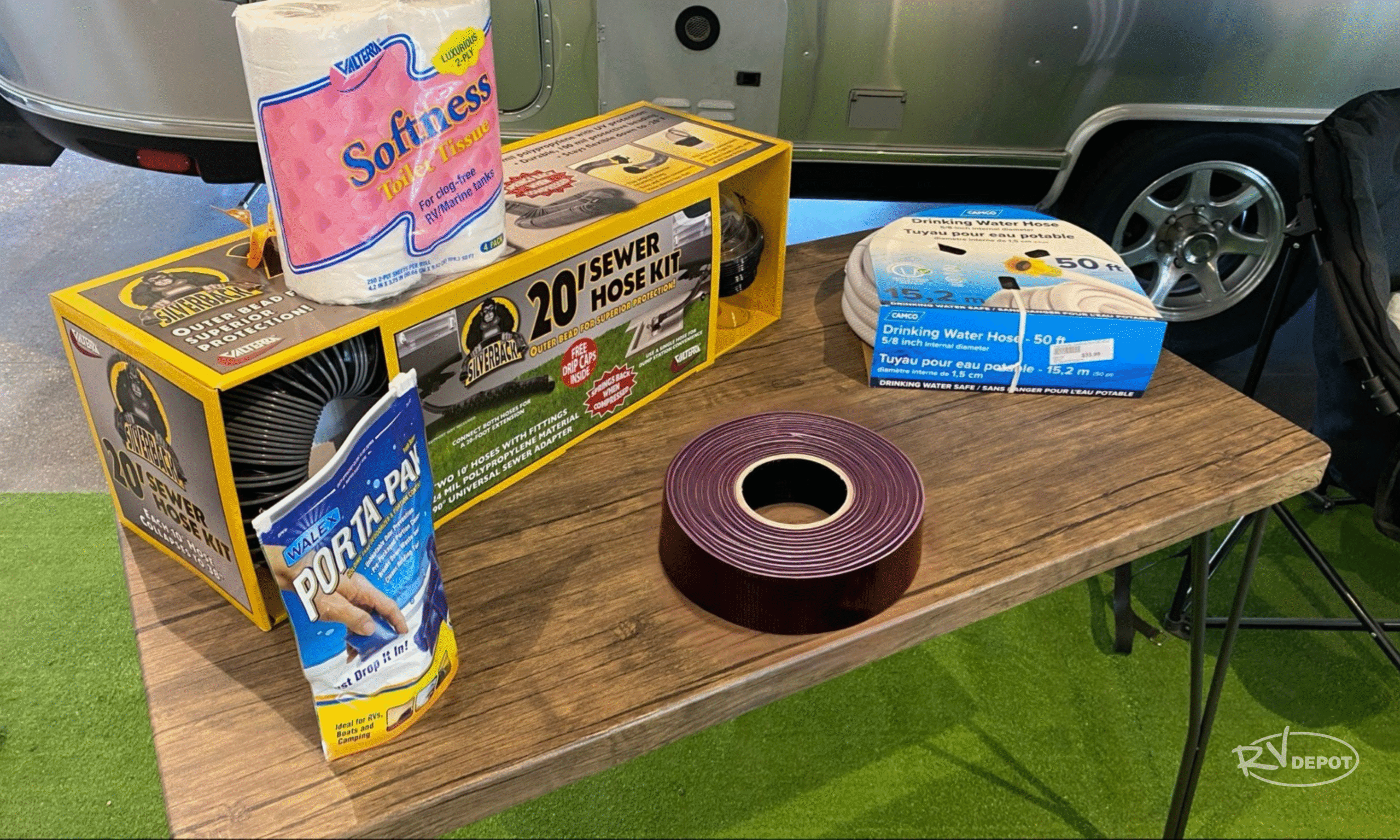
Professional RV Roof Sealing Techniques
Both lap sealant and butyl tape can effectively seal exposed screws on an RV roof. Some RV owners prefer to use a combination of both. They first apply a layer of butyl tape to create a strong initial seal and then cover it with a layer of lap sealant for added protection and a finished appearance. This approach ensures a secure seal while also providing a neat and tidy look.
The Hybrid Approach
Many professional RV technicians recommend a combination approach for maximum protection:
- Primary seal with butyl tape for superior adhesion
- Secondary seal with lap sealant for weather protection and appearance
- Regular inspection to ensure both sealing layers remain effective
This dual-layer system provides redundant protection against water intrusion while combining the best properties of both sealing methods.
Common RV Roof Sealing Mistakes to Avoid
Surface Preparation Errors
- Failing to clean surfaces thoroughly before application
- Applying sealant to wet or damp surfaces
- Not removing old, failed sealant completely
- Ignoring manufacturer’s temperature requirements
Application Mistakes
- Using too much or too little sealant
- Not allowing proper cure time between layers
- Applying sealant in direct sunlight on hot days
- Failing to tool sealant properly for best adhesion
Ultimately, the choice between lap sealant and butyl tape depends on your preference, the condition of your RV roof, and the level of protection you desire. Whichever option you choose, make sure to follow the manufacturer’s instructions for proper application and ensure that the surface is clean and dry before applying the sealant or tape.

When Professional RV Roof Sealing Service Makes Sense
While many RV roof sealing tasks can be handled as DIY projects, some situations require professional expertise to ensure proper results and long-term protection. Complex roof configurations, extensive damage, or warranty considerations may make professional service the best choice for your RV roof sealing needs.
Consider Professional Service When:
- Multiple sealing systems have failed simultaneously
- Roof structure shows signs of damage or deterioration
- You’re dealing with specialty roof materials or coatings
- Time constraints prevent proper DIY application
- Warranty requirements specify professional installation
Benefits of Professional RV Roof Sealing: Professional technicians bring specialized knowledge of different roof types, proper material selection, and application techniques that ensure long-lasting results. They have access to commercial-grade materials and equipment that may not be available to DIY enthusiasts, and their work typically comes with warranties that provide peace of mind.
The Cost of Inadequate Sealing: Attempting RV roof sealing without proper knowledge or materials can lead to more serious problems than the original issue. Poor sealing can trap moisture, accelerate roof deterioration, and create conditions for mold growth. Water damage from failed sealing can affect structural components, electrical systems, and interior finishes, resulting in repair costs that far exceed professional sealing services.
Service Request (1)
At RV Depot, our certified technicians specialize in all aspects of RV roof sealing and maintenance. We understand the unique challenges of different roof materials and have the expertise to recommend the best sealing solutions for your specific RV and usage patterns.
Why Choose RV Depot for Your RV Roof Sealing Needs: Our experienced team uses only the highest quality materials and proven techniques to ensure your RV roof sealing provides maximum protection against water intrusion. We understand that every RV is different and tailor our approach to your specific needs.
Roof sealing problems don’t improve with time—they only get worse and more expensive to fix. So Don’t Wait Until It’s Too Late! Whether you need emergency leak repair or preventive maintenance, RV Depot has the expertise to keep your RV dry and protected.
📍 Visit: 4319 N. Main St, Cleburne, TX 76033 📱 Call or text: (817) 678-5133 💻 Browse Inventory: rvdepottx.com
Questions about full-time RV living? Join thousands of Texans who’ve discovered that home isn’t a place—it’s wherever you park it. Full-Time RV Living Community

